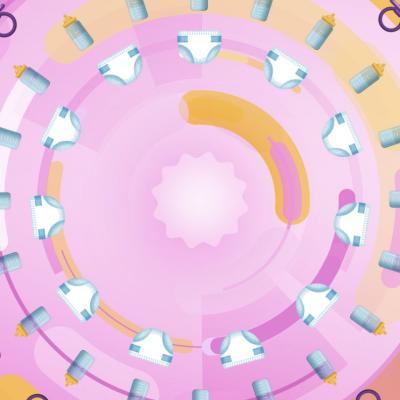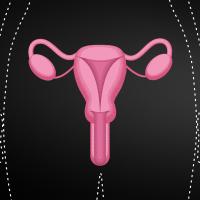Future of Fertility
The baby-making process seems straight forward in theory: have sex, get pregnant (thanks, 8th grade health class!). Unfortunately, in reality, human reproduction is a much more complicated and unpredictable process. On average a healthy woman only has a 30 percent chance of getting pregnant each month. And globally speaking, 25 percent of those known pregnancies end in miscarriage. Given these statistics, it’s no wonder it’s called the miracle of life.
But technology has a way of pushing the boundaries of human limitations. From womb transplants to 3-parent-babies, science is making parenthood possible for people who can’t get there the old fashioned way. Come along with Freethink as we meet the people pushing the boundaries of human fertility treatments. We’ll look at how these technological advancements are changing our definition of what it means to be a family and to be human.


